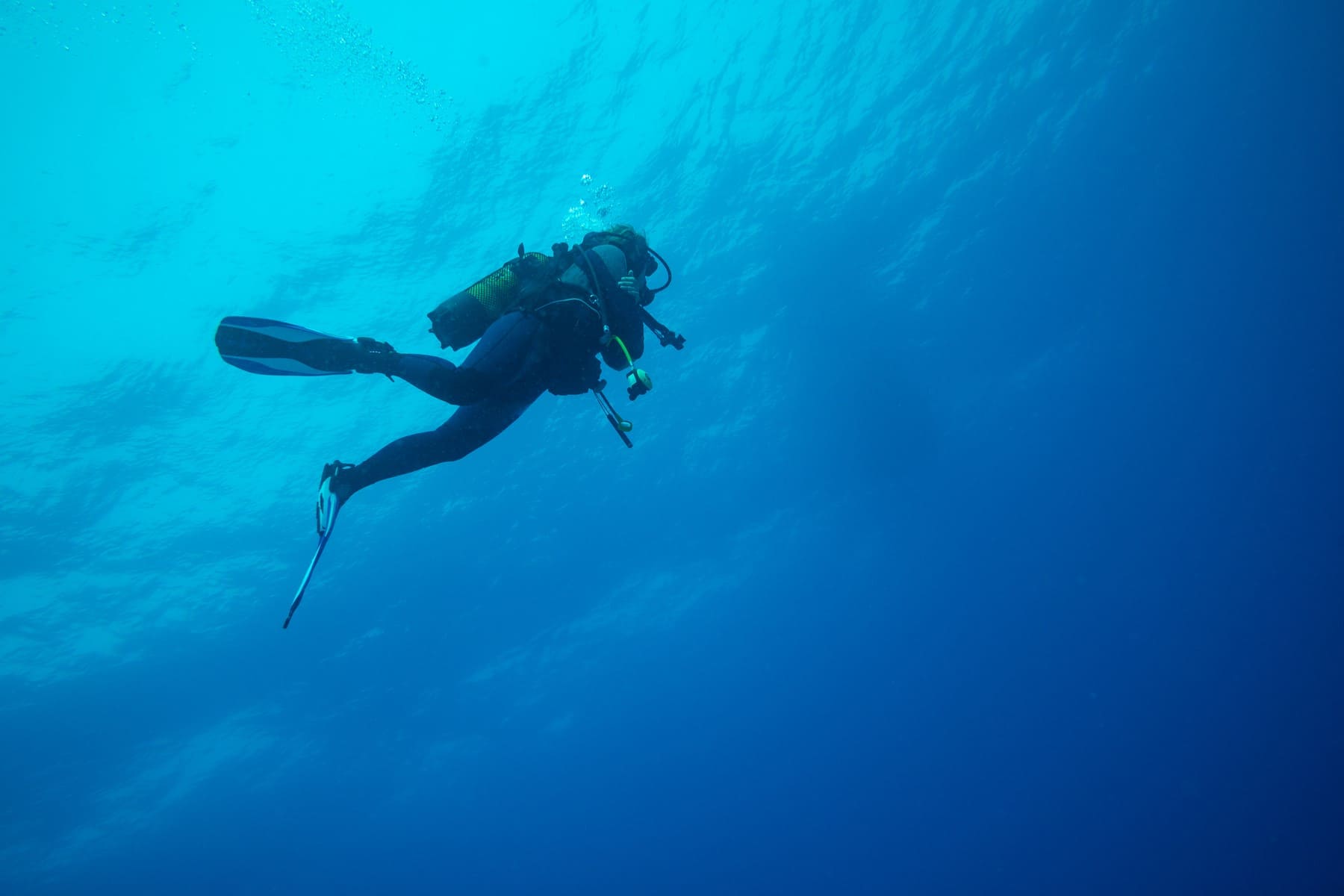diuresis in immersion
In your experience as a diver, even if you are still a beginner, surely you have had occasion to experience a sensation that is very common among divers: an irresistible increase in the urge to urinate during and after the dive, a sensation that, according to the circumstances in which you find yourself, it becomes a real discomfort. It is the diuresis in the immersion.
In case you have wondered why this happens (which at this point you have already been able to verify that it is something generalized that does not only happen to you, but you will have verified that it is very frequent), in this article we will provide you with a brief explanation about of its causes.
What happens is that, during the exposure of our body to a hyperbaric environment (immersion), two simultaneous physiological phenomena take place: a concentration of blood volume (hypervolemia) in the central area of the trunk to the detriment of the extremities, together with a peripheral vasoconstriction, which is accentuated when you dive into cold water. The combined effect of this is an increase in blood pressure (BP) that the body tries to compensate for by increasing kidney function, excreting water and sodium through urine production (diuresis).
This increase in diuresis in immersion produced by immersion must be taken into account, since the hemoconcentration that originates as a consequence of dehydration (loss of liquids) of the organism is one of the factors that most favor the appearance of the disease. decompressive (DE).
TIP: In view of all of the above, the guideline that we must adopt as a safe diving practice consists of hydrate well before and after the dive, to compensate for urinary losses. Remember that proper hydration is as important as making the safety stop (5m / 3 min).
